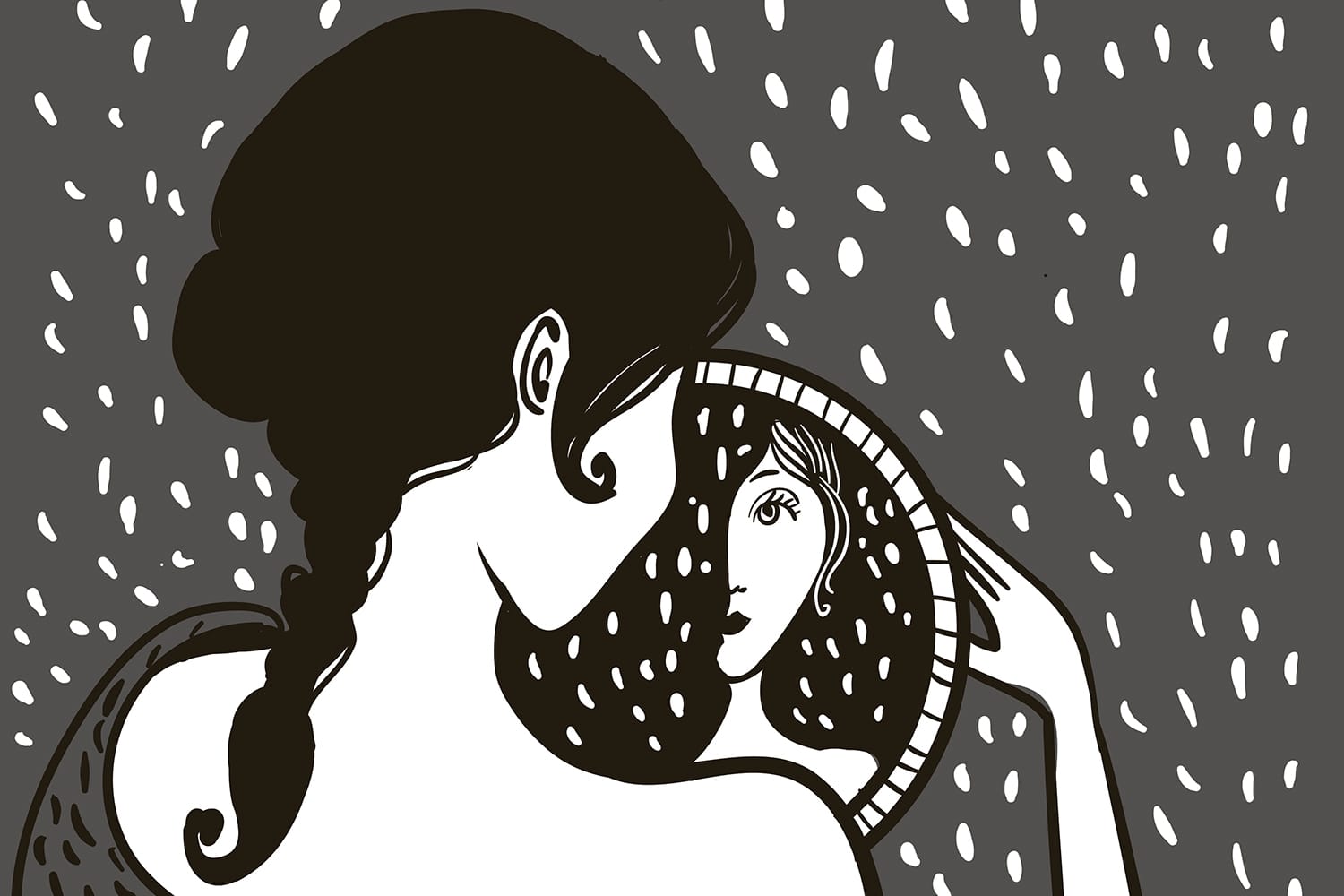CANCER TREATMENTS AIM TO KNOCK OUT DISEASE, but they can have a negative effect on the way women with breast cancer feel about their bodies. From chemotherapy-related hair loss to breast-altering surgery, the effects of cancer treatments change a person’s body, which can cause grief and loss, diminished self-esteem and other psychological issues. These problems may affect as many as 75 percent of women with breast cancer.
Health care providers are adept at addressing the immediate challenges of the disease. However, whether it’s because of time constraints or a lack of expertise, few take these lasting issues into account, says Mary Jane Esplen, a psycho-oncologist at the University of Toronto in Canada. In group and individual therapy sessions, Esplen heard from breast cancer survivors who had modified their lifestyles because of how they felt about their bodies; some had given up swimming, some were getting dressed in the dark and some sought to avoid seeing themselves in mirrors.
To learn how the cancer community might start to address this issue, Esplen and her colleagues designed an approach to therapy that combined eight weeks of group sessions with guided imagery that focused on body image and education about social and cultural factors related to it. There were 131 breast cancer survivors participating in the program, while a separate group of 63 women just read educational materials about body image. In a paper published in the March 10, 2018, Journal of Clinical Oncology, the researchers reported that in as little as eight weeks, women who had been part of the group therapy sessions had fewer concerns about their appearance and body image than those who received the educational materials without additional support.
Body image issues may not be the most pressing concern at the beginning of a cancer journey, but they can have a dramatic effect on survivors’ quality of life. Failure to address these issues is “really getting in the way of women’s ability to cope and adapt to a life-threatening illness,” says Esplen. “People are living longer with cancer, and these are the issues they are facing every day.” She and her colleagues are developing an online version of the treatment program to allow for expanded access.
Cancer Today magazine is free to cancer patients, survivors and caregivers who live in the U.S. Subscribe here to receive four issues per year.





